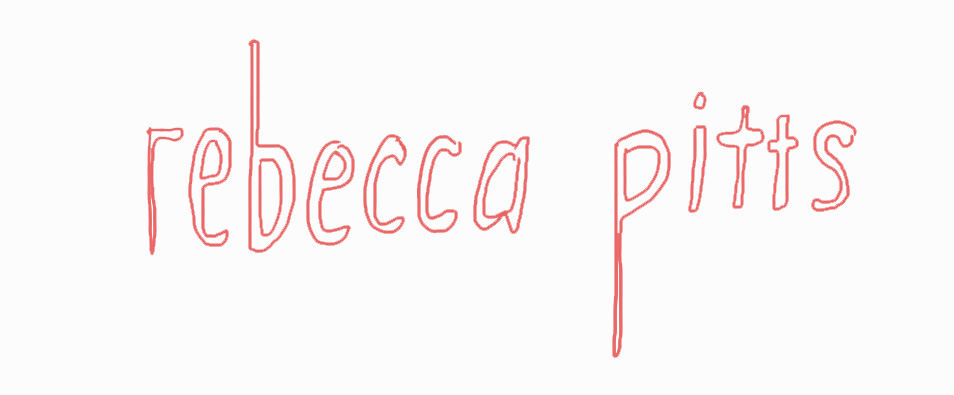I didn’t grow up gardening, but I like the idea of it. Sure, I appreciate the relevance of locally grown. I understand our biological impulse to literally touch the dirt and create life from a seed. But in practice… meh. There are too many other hobbies that I’d happily take on before I pick up a trowel.
And yet! My youngest tells the grown-ups in his orbit that when he is older he wants to “grow his own broccoli and cook it.”
“What do you want to be when you grow up?” It’s not a question that I would think to ask children, including my own. How could they, really, be able to connect their innate talents and curiosities at age six and four to a grown-up profession that has likely just been invented in the last decade of human history?
When I was a kid, I got a lot of traction from filling in this particular blank with the canned response, “marine biologist” because I liked the impressed response it elicited. Maybe it wasn’t a total lie on my part. I’m fairly certain that my understanding of what a marine biologist did was spend hours at the arts & crafts table developing an intricately decorated diorama of the deep ocean in the style of Wes Anderson’s Life Aquatic.
But Seb wants to grow his own broccoli. And cook it too. He’s even telling people, unprompted.
I suppose as parents we do our best to take their lead, when we can. So this spring, we will build a garden bed. Buy some soil. Plant something that will need our care. Watch it grow until harvest and even cook it, too.
It’s not a skill that I have any real confidence in. There’s much to learn, to know beforehand. So we’ll begin this shared gardening practice in my comfort zone, together, by building our library.
By getting used to the idea of gardening. By reading about gardening.
And in the coming months, when the time for waiting and planning and research has passed, it will be time for doing.
Seb as my teacher: together, we’ll garden.
Up and the Garden and Down in the Dirt [for them]
This series from Kate Messner and Christopher Silas Neal are gift-worthy objects for your children, especially this particular title that features the cycle of a garden from the depths of the barren winter through the bounty of fall harvest. It’s beautifully illustrated in a vintage style and its subtle, straightforward poetry feels good to say and hear. The up / down angle to understanding growth both in the air and dirt is a useful approach for learning about gardening; it’s not gimmicky or overplayed. My children enjoy identifying the insects in the illustrated catalogue that follows the text.
A Green, Green Garden [for them]
Children love to read about everyday activities, and this book brings the process of gardening to life, from seed to table. “We pick up stones and clumps of grass” is followed by “This is not fun.” (Agreed.) Gardening is an exercise of faith and patience too: “Every day we weed, water, and wait. … we wait some more.”
Starter Vegetable Gardens [for you]
During flu season I holed up for a week with Monty Don in an endless loop of landscape therapy. Even novices can conquer the land, I learned. Once I was feeling more like myself, I looked to Starter Vegetable Gardens, a book I purchased when we moved from the Upper West Side to Tarrytown, New York back in 2011. The lot surrounding our first suburban apartment, the bottom floor of a multi-family perched on a steep hillside with 40 exterior steps that led from the front door to street, wasn’t exactly the place where I would begin my gardening journey. It was the place to watch your step and look at the gaping vista of the Hudson River. No matter, I was a person who gravitated to books in order to make sense of my own hopes. This slim volume is bursting with illustrations and begins, thankfully, with a minimalist garden plan that would definitely disappoint Monty Don.
Overheard at church this week:
“Gardening is not a rational act.”
-Margaret Atwood







